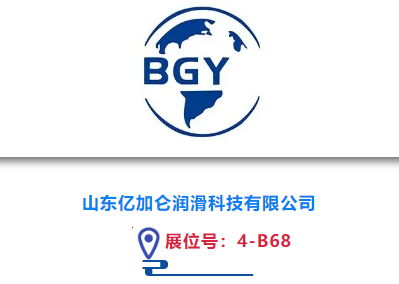Launched at COP28, the Global Cooling Pledge is a joint initiative of the United Arab Emirates, host of the 2023 United Nations Climate Change Conference (COP28), and the UNEP-led Cool Coalition.
Over 60 countries have endorsed the Global Cooling Pledge, therefore committing to joining collaborative efforts to reduce global cooling-related emissions by at least 68% by 2050, compared to 2022 levels.
National government participanting to the Global Cooling Pledge commit,among other things, to ratifying the Kigali Amendment by 2024 and actively phasing-out HCFCs and phasing-down HFCs, as well as improving the energy efficiency of installations . They must also publish a national cooling action plan or any equivalent regulation focusing on cooling by 2026.
The International Institute of Refrigeration (IIR) strongly supports the Global Cooling Pledge, in which it took part. Didier Coulomb, Director of the IIR, stresses the need to pursue the development of refrigeration, which is essential for all aspects of human health. "According to data from the IIR, which is referenced in the Pledge, 20% of the world's electricity is allocated to refrigeration, and that percentage is steadily rising. Add to this the impact of refrigerants, and it's clear that a policy of sustainable development is needed everywhere."
The IIR contributed to the preparation of the Global Cooling Watch, a report released by the Cool Coalition in support of the Global Cooling Pledge. This report namely outlines the benefits of implementing passive cooling strategies, higher energy efficiency standards and a faster phase down of climate-warming refrigerants.
Many non-state actors of the refrigeration sector also support the implementation of the Global Cooling Pledge, including IIR corporate members Carrier, Danfoss, Daikin.






















